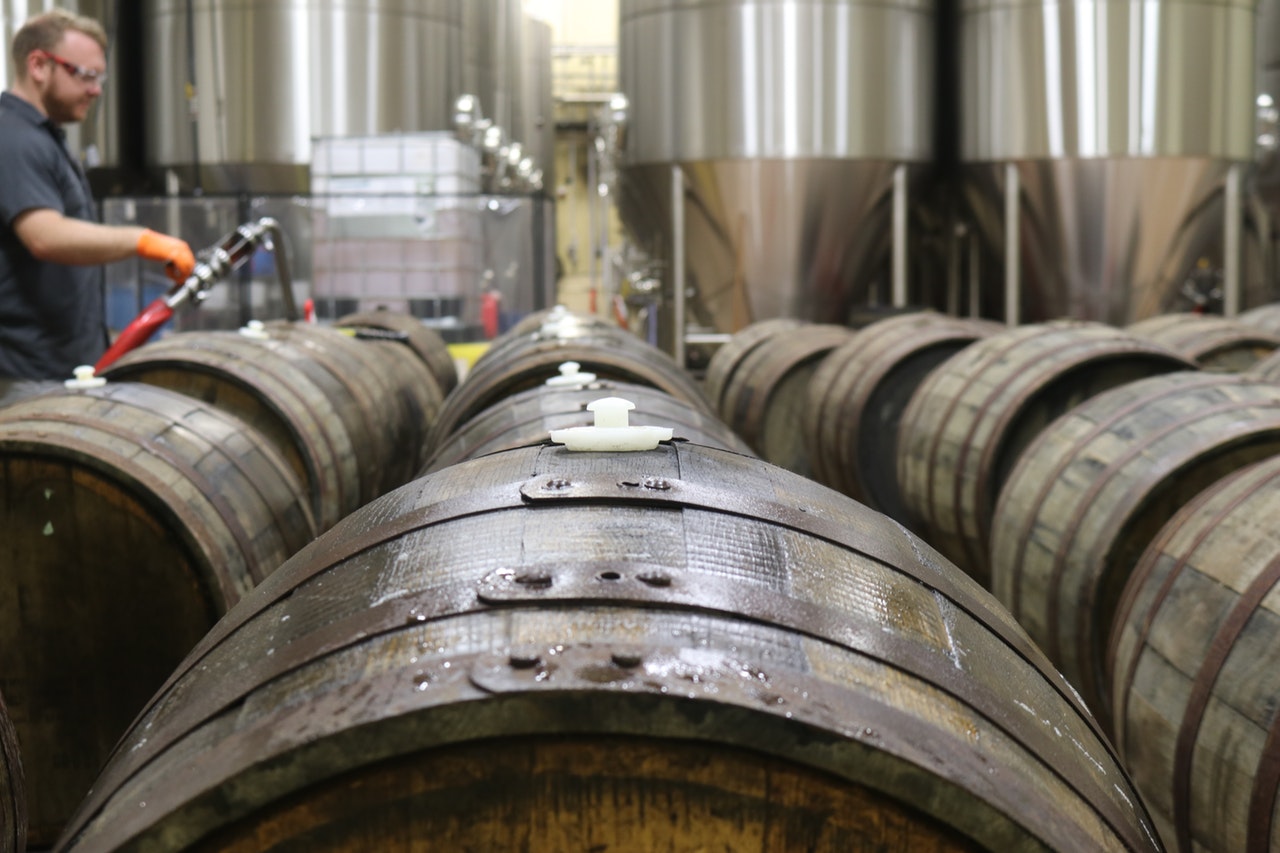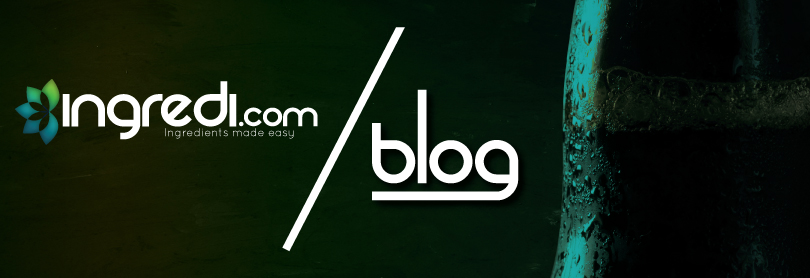Is Wine Vegetarian?
By on Feb 6th 2019
Everyone loves a fine wine: it’s polished, has no astringent taste, and its color is exactly what you’d expect. But to get to this point, modern winemakers may use fining agents to improve the look, taste, and aroma of their wine. And such ingredients may mean the wine is not vegan or vegetarian-friendly.
Why isn’t wine vegetarian?
If you’re not familiar with the wine industry, you might wonder why wine wouldn’t be vegetarian—after all, it’s most often made with just grapes, right? The truth is, not all wines are vegan or even vegetarian. Those same fining agents that improve the wine may or may not contain animal-derived products.
In its purest state, a grape wine will naturally clarify itself over a long period. To make wine, the juice must ferment. Typically, the juice will need to settle before fermentation, and then be left to settle again. If post-fermentation wine is cold stabilized for months, many of the suspended solids will precipitate naturally. However, the modern demands of wine production don’t give most winemakers the luxury of waiting.

When a winemaker cannot wait months and months for the wine to clarify naturally, they can use finings at or near the completion of the brewing process to remove organic compounds. This process can improve the clarity and even the flavor and aroma.
Finings can remove various compounds from wine, including sulfides, proteins, polyphenols, benzenoids, or copper ions. This is a good thing: winemakers can create fine wines and still meet the market demands. However, if you avoid consuming animal products, this can pose a problem for a couple of reasons: 1. Some of the most popular fining agents are made from animal products and 2. In the US, there is no obligation for winemakers to state whether or not animal products were involved in the production of their wine.
Examples of fining agents from animal sources:
- Egg whites
- Blood (banned by the EU after the BSE/mad cow disease crisis)
- Milk
- Isinglass (fish bladders)
- Gelatin (animal collagen)
- Casein (milk protein)
- Chitosan (derived from crustacean shells)
Technically, these are “processing aids” rather than wine additives, so they’re not considered wine ingredients. They are removed after they’ve done their job; they don’t stay in the wine. However, it still creates a moral dilemma for those following a strict plant-based lifestyle.
Fortunately, as vegetarian and vegan diets are further entering the mainstream, it’s becoming even easier to find wines that have not been made with any animal products. If it’s not obvious whether your bottle of wine is animal-free, you can use the search feature on barnivore.com to do a quick search.
Are vegan/vegetarian wines unfined?
Some fining agents go beyond simply removing suspended solids from wine. They can also reduce astringency or bitterness, remove off-odors, and strip out potential browning from oxidation. There are a lot of benefits to using fining agents regardless of whether a winemaker can afford to let their wine naturally clarify.

If you are a vegan or a vegetarian and are concerned about what fined wine, you can certainly look for a bottle marked unfined because they do exist. However, there are other options for winemakers who need to fine their wine but want to stay away from animal sources.
Here are some examples of fining agents that can be used to make vegan and vegetarian-friendly wine:
Poly-vinyl-poly-pyrrolidone (PVPP)
This man-made plastic substance can absorb excess phenols and colors. It is often used in rosé to give it its characteristic pallor.
Bentonite
This purified clay binds protein colloids in white and rosé wines and makes them heat-stable.
Activated carbon
Activated carbon (charcoal) is an adsorbent type of fining agent used to remove color and off-odors, such as from oxidation. This may or may not be vegan depending on its source (for example, wood charcoal vs. bone charcoal). At Ingredi, we carry Nuchar SA-20 Powder Activated Charcoal/Carbon that is wood-based. You can read Ingevity’s guarantee that this product is not of animal origin in their manufacturer statements.
Diatomaceous Earth
Diatomaceous earth is the fossilized remains of diatoms (aquatic algae) consisting almost entirely of silica. When used as a wine fining, it will clarify wine and remove cations like copper with very little effect on flavor or color. You can find our selection of diatomaceous earth filter aids here.
Sources:
https://www.winemag.com/2018/05/09/vegetarian-vegan-wine/
https://www.dicalite.com/2017/11/wine-crush-how-diatomaceous-earth-plays-a-role-in-wine-making/






